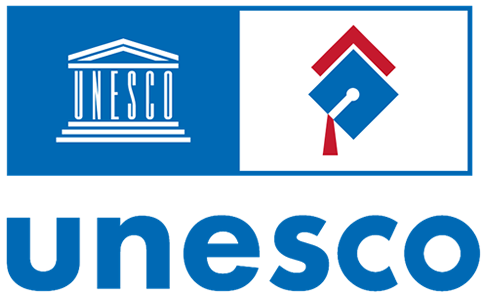Historical Dimension of Free Knowledge in South America: Changing Tradition
Abstract
Given the regional social studies of science and critical studies of regional development, we wonder what chance we have had as individuals and institutions to generate knowledge and learning oriented towards multicultural, human and sustainable needs? More specifically, free knowledge of ICTS contributed to these possibilities? The social perspective from which to approach the "Impact of Open Access in Higher Education in Latin America" has been the meeting of two theoretical-methodological agendas: the one from the social studies of science and that of the critical studies on the development, focused on South America, Central America and the Caribbean. To answer these questions, we address the historical dimension of social practices and academic-infoculture-generation and dissemination of knowledge from Europe to Latin America. This approach will help identify how traditions were consolidated and the privatization processes of knowledge generation and learning in academic institutions in the region since the sixteenth century. The newly diagnosed infostructure, regional and international, indicates that the impact of ICTS in the academy is a social process that is just beginning. However, in less than a decade social practices-free alternatives to the traditional ones - have been promoted that could contribute to the transformation of norms, values and processes.
Copyright (c) 2012 Revista Educación Superior y Sociedad (ESS)

This work is licensed under a Creative Commons Attribution-NonCommercial 4.0 International License.
Copyright notice
Copyright allows the protection of original material, and curbs the use of others' work without permission. UNESCO IESALC adheres to Creative Commons licenses in the open access publication of ESS. Specifically, texts published in this journal are subject to a Creative Commons Attribution-NonCommercial 4.0 International (CC BY-NC 4.0) license: ESS is an open access journal, which means that all content is freely available to the user or their institution. Users may read, download, copy, distribute, print, search or link to the full text of the articles, or use them for any other lawful purpose, without asking prior permission from the publisher or the author, always making sure to cite the author. Commercial use is not permitted. ESS requires authors to accept the Copyright Notice as part of the submission process. Authors retain all rights.
The full license can be found at https://creativecommons.org/licenses/by-nc/4.0/
 Attribution - NonCommercial (CC BY-NC 4.0)
Attribution - NonCommercial (CC BY-NC 4.0)
This journal does not charge authors for the submission or processing of articles. The authors of the contributions will receive acknowledgment of receipt that the work has reached the Editorial Team of the Journal.




.png)
